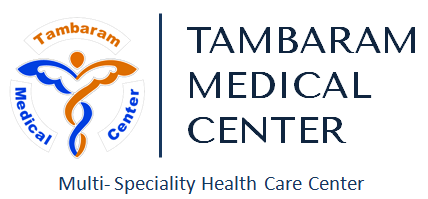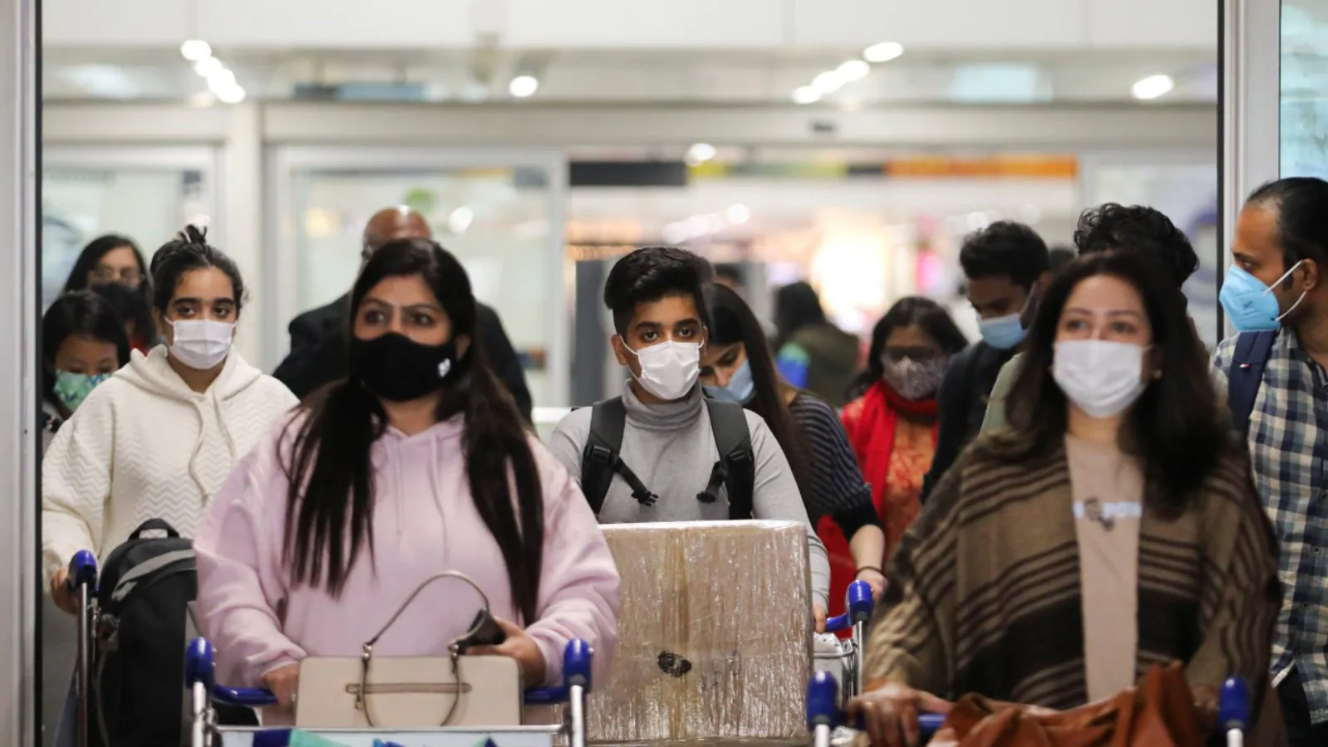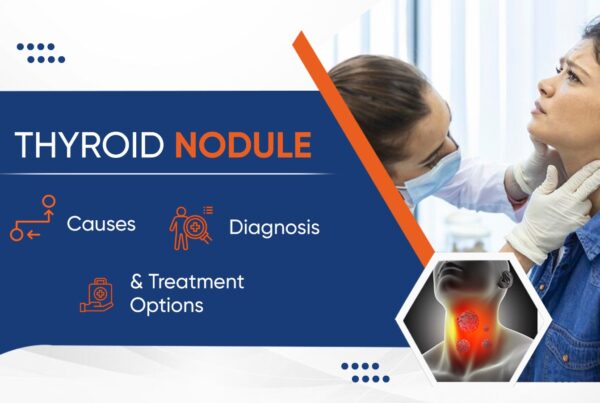Table of Contents
Omicron Variant in India – Know about Omicron cases in India
People had just recently begun to return to their usual lifestyles as a result of mass immunizations and a major decline in virus cases around the world. Sadly, the world has been infected with a new strain of the SARS-CoV-2 virus known as Omicron. The earliest cases of this variety were discovered in South Africa, but it has since spread to Spain, Australia, Germany, the Netherlands, and the United Kingdom. While scientists continue to investigate the new strain’s pathogenicity, here is some basic info about the Omicron variety.
 What really is the Omicron variation, and what does it mean?
What really is the Omicron variation, and what does it mean?
The National Institute for Communicable Diseases in South Africa discovered a lineage of the SARS-CoV-2 virus known as B.1.1.529 on November 22, 2021. This lineage was found in more than 70% of the samples taken in Gauteng between November 14th and November 23rd, 2021. Scientists discovered that this lineage contained several mutations, and some had previously been identified in SARS-CoV-2 variations, but many of which were novel. The World Health Organization’s Technical Advisory Group on Virus Evolution declared B.1.1.529 to be a variant of concern on November 26, 2021, and called it Omicron.
Why is it regarded as a worrisome variant in India?
The SARS-CoV-2 virus uses spike proteins on its surface to infiltrate human cells and propagate infection. The B.1.1.529 strain features 32 mutations which make it simpler for the coronavirus spike protein to adhere to human cells. Scientists predict that this will improve the new variant’s transmissibility.
Though the amount of Omicron infected patients have increased in some parts of South Africa, experts have yet to prove its severity and transmissibility.
Who is at a higher risk of becoming infected with the new strain?
People who have previously been infected with COVID-19 may be at a higher risk of becoming infected with the Omicron variant, according to the WHO. Scientists also believe that those with chronic illnesses or those who are immunocompromised are more prone to catch the Omicron variant infection due to the large number of mutations.
What are the signs and symptoms of an infection with the Omicron variant?
According to the WHO, there isn’t enough information to determine that the Omicron variant infection’s signs are distinct from those of other variant illnesses. Signs that are “slightly” different from those of the prevalent Delta variation have been documented by the South African Medical Association. There have also been reports of asymptomatic B.1.1.529 mutant infection.
Are there any vaccines that work against the Omicron variant in India?
COVID vaccinations, as well as other countermeasures like steroids and emergency drugs, are being studied to see how effective they are against the Omicron variety. Meanwhile, the WHO advises that people get vaccinated against SARS-CoV-2 and its variations since it dramatically lowers serious sequelae and deaths.
How many SARS-CoV-2 viral variants have been discovered so far?
Viruses frequently undergo mutations in order to live and adapt to the surroundings. Several SARS-CoV-2 viral mutations have been discovered in various parts of the world, including alpha (B.1.1.7), beta (B.1.351), gamma, delta (B.1.617.2), epsilon, zeta, theta, kappa, and most recent—Omicron (B.1.1.529). The COVID-19 virus’s delta and delta plus versions have been the most infectious and transmissible thus far.
How can we defend ourselves against Omicron variant in India?

To deal with a surge in cases, the WHO has advised countries to improve their healthcare and medical capacities. Several countries, including Botswana, South Africa, Zimbabwe, Namibia, Mozambique, Malawi, and others, have banned the entry of people who arrive from a few African nations, including Botswana, South Africa, Zimbabwe, Namibia, Mozambique, Malawi, and others, to stop the spread of the Omicron virus strain. Other nations, including India, have made RT-PCR tests mandatory for immigrants arriving from the African countries specified.
Individual actions to stop the spread of COVID infection must be done in the meantime:
- When going out in crowded areas, using a disposable 3-ply mask or an N-95 mask is recommended.
- Vaccinating against COVID is a great idea.
- Unless absolutely necessary, avoid crowds and gatherings.
- In public locations, keep a physical distance of metres.
- Using an alcohol-based sanitizer or often washing thoroughly with soap and water
- Coughing or sneezing while using a disposable tissue or a bent elbow to cover the mouth and nose.
- Self-isolating and notifying any signs of COVID infection, like illness, cough, headaches, impairment of taste and smell, exhaustion, or diarrhoea, to a physician or nearby healthcare institution.
Conclusion:
In recent years, new coronavirus strains have emerged. The majority of these mutations, however, are non-threatening and mild, therefore they do not cause serious infection. Likewise, some scientists believe that, like the Delta version, the Omicron variant may vanish without inflicting significant harm, but we must be vigilant to avoid large-scale disasters. Scientists and healthcare personnel have recommended people to obey COVID-appropriate conduct to decrease the risk of virus transmission while studies are being performed to better understand the variant.
We hope this article has thrown some light on what you need to know about Omicron Variant in India.
Tambaram Medical Centre, is a multi-specialty clinic and daycare center Tambaram, Chennai
Our with a motto of providing health care services at affordable cost.










